“We have developed multidisciplinary research within the Department of Design & Engineering, Faculty of Science & Technology at BU in collaboration with major international, national and regional industrial and HEI partners”, Associate Professor Zulfiqar Khan said. He added, “multidisciplinary research within NanoCorr, Energy & Modelling (NCEM) theme is a direct response to industrial needs in terms of enhancing design for durability & reliability, meeting the demands for generating energy from renewable sources and enhancing students learning experience through research informed education. New knowledge, created during this process, is shared with stakeholders and academic communities through relevant platforms.
Multidisciplinary research within NCEM is led by Zulfiqar and includes the development of nano coatings (nano composites and graphene; materials science and engineering) to increase service life of machines and equipment deployed in harsh operational and environmental conditions (design & engineering), understanding corrosion (materials science and mechanical engineering) issues to prevent structural failures within machines, automotive, locomotives, large structures & marine applications (preventative and predictive condition monitoring; MEMS, NEMS, Micro LPRs) and developing cutting edge solar thermal techniques to generate mechanical and heat energies from renewable sources (mechanical engineering; heat transfer and nano additives).
The objectives of this research are to develop state of the art novel and innovative energy efficient design for durability and reliability solutions applied in wide ranging industrial applications, bring about socio-economic benefits including impacts on cultural life via public engagement. This research is fully and match funded through a current portfolio of one postdoctoral research assistant and four PhD students by major industrial and HEI partners plus three PhD projects were completed early this year.
Majority of you would have had a chance to read through the Stern’s review of REF which was released in late July, “steps taken to promote interdisciplinary and other joint working internally and externally and to support engagement and impact, beyond that which is just the aggregate of individual units of assessment (para.88)”. “The proposal to allow the (tick-box) identification interdisciplinary outputs, as well as document the role of ‘interdisciplinary champions’ (para. 100)”
Zulfiqar said, “our vision of developing and engaging in multidisciplinary research which is industrially relevant, academically robust and has significant socio-economic value will play an important role in the REF 2021 and beyond and we are better positioned to lead in this area”. He has previously led the University Sustainable Design Research Centre between 2007-2015 and the centre received its REF14 Panel Feedback as, “Sustainable Design Research Group had the highest proportion of outputs judged to be internationally excellent”.
Fusion of research, education and professional practice is a key to lead to multidisciplinary research. BU Fusion of research, education and professional practice is at the heart of BU 2018 strategy. Zulfiqar said, “we have been and are currently delivering research informed education through the delivery of several UG/PG taught courses. This is a major contributor in enhancing students’ learning experience and enabling them to be more employable both in the country and globally.
He previously led the final year Design Engineering, Advanced Technology & Innovation 40 credit unit. Students participated in research activities which led them to publish journal and international conference papers including an invited Springer book chapter.
He developed a 20 credit Thermo fluids & Heat Transfer unit, taught in the second year of BEng/MEng course. Education in this unit is research informed and the unit is supported by laboratory experimentations. This provides an opportunity for the students to bridge the gap between theory and practice. He has also developed two new units Fluids and Thermodynamics L5/Year 2 MEng (Hons) Mech Engg and Thermofluids and Energy Conversion L6/Year 4 MEng (Hons) Mech Engg for recent IMechE accreditation. Education in these units will be supported by state of the art experimental techniques with in kind support from industrial partner and informed by current research in renewable energy technology within NCEM.
Zulfiqar is also leading first year Design Methods & Projects a 40 credit unit in the Design Engineering course. This unit has several projects that allow students to solve real world industrial problems and engage in research within corrosion, contact mechanics and materials science through a live project with The Tank Museum Bovington.
Both Fusion and multidisciplinary research are benefiting students in terms of their learning experience, solving immediate and challenging industrial problems, improving standard of life and bringing economic impacts including impacts on cultural life.
Some latest research activities are documented in recent publications, for further information you may contact Zulfiqar Khan.
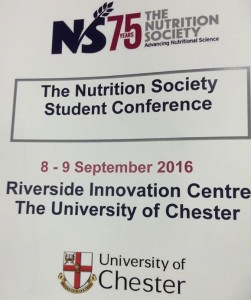
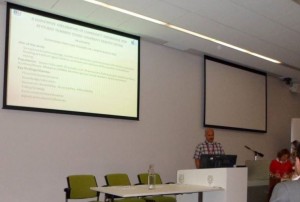
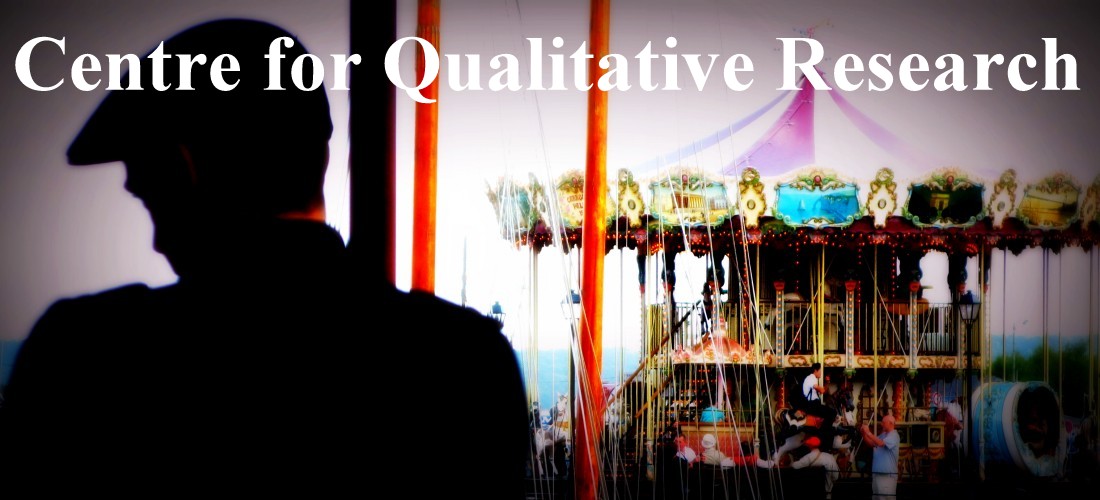 The Centre for Qualitative Research is kicking off its new seminar series on
The Centre for Qualitative Research is kicking off its new seminar series on 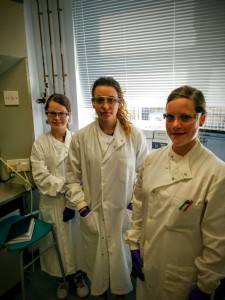 During the last 4 weeks, Sophie and Rose (left and middle in the picture), two AS level students, have spent their summer holidays gaining hands-on laboratory research experience at BU during their Nuffield Research Placement. Together with Dr Simon Dyall and PGR Isabell Nessel (right in the picture), they have worked on a research project which is investigating ways to increase the intake of omega-3 and omega-6 polyunsaturated fatty acids in preterm infants. Rose and Sophie have been helping to develop and validate a method to measure the fatty acid content of preterm formula milks by using gas chromatography (see picture).
During the last 4 weeks, Sophie and Rose (left and middle in the picture), two AS level students, have spent their summer holidays gaining hands-on laboratory research experience at BU during their Nuffield Research Placement. Together with Dr Simon Dyall and PGR Isabell Nessel (right in the picture), they have worked on a research project which is investigating ways to increase the intake of omega-3 and omega-6 polyunsaturated fatty acids in preterm infants. Rose and Sophie have been helping to develop and validate a method to measure the fatty acid content of preterm formula milks by using gas chromatography (see picture).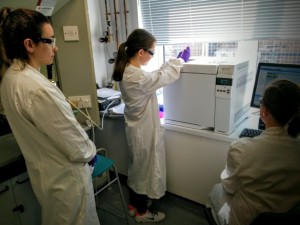
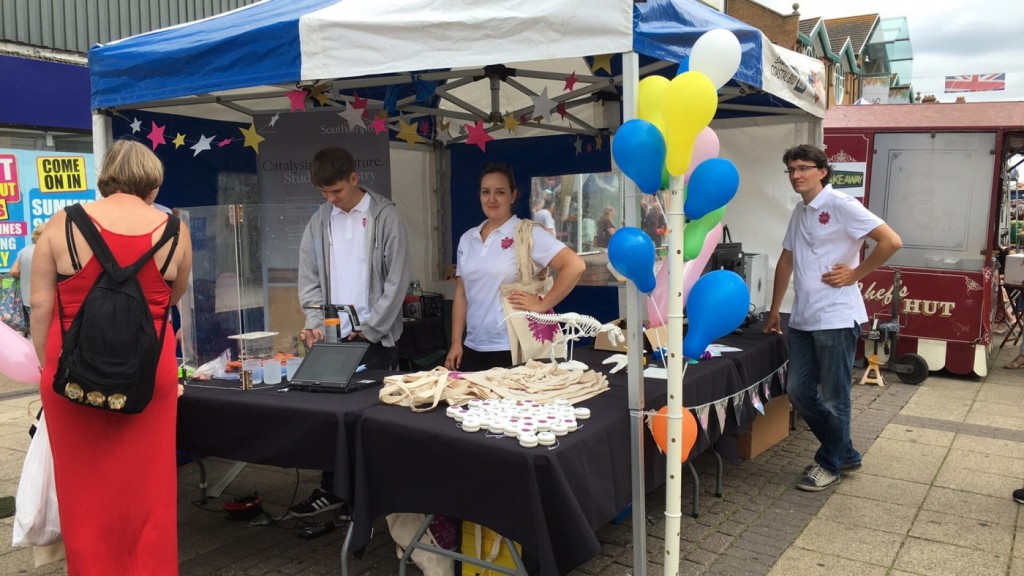
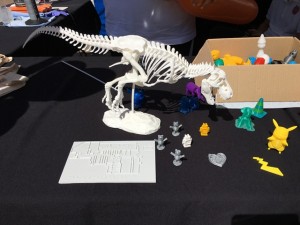
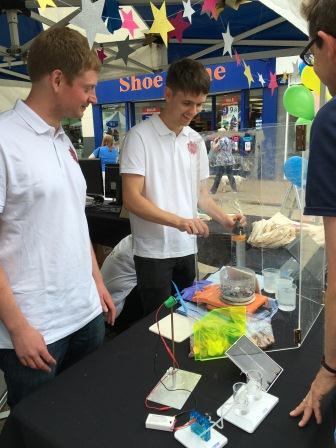
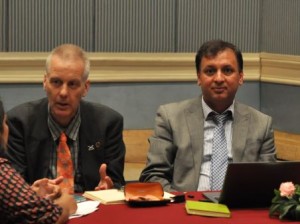
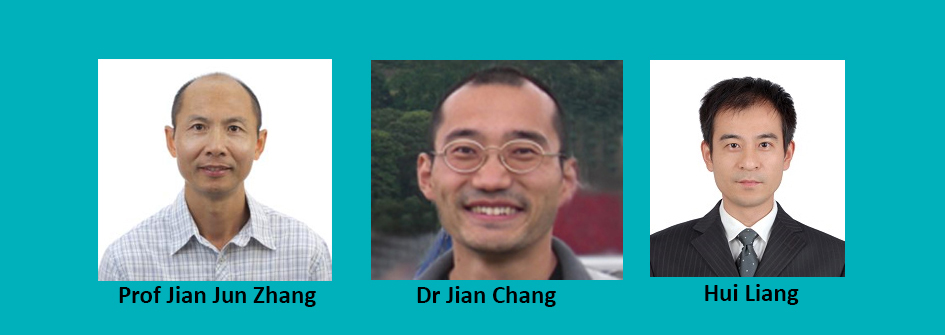

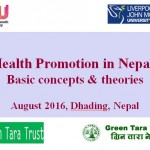
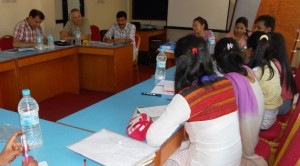
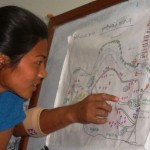
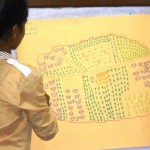
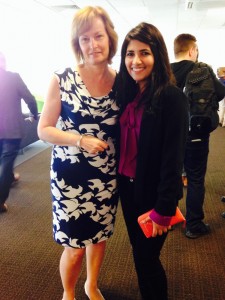
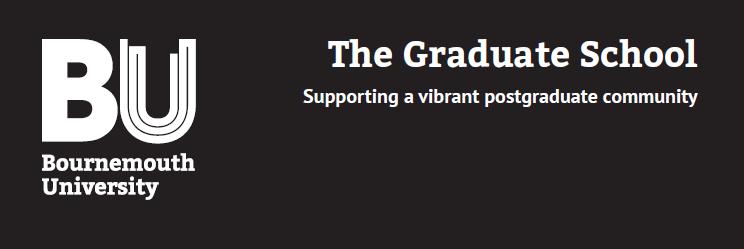
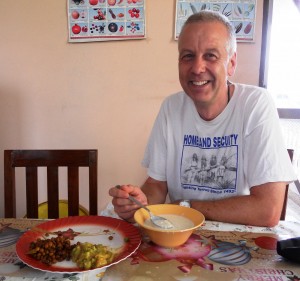
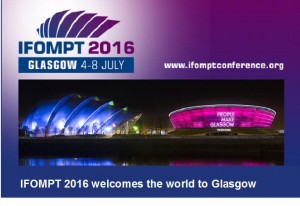
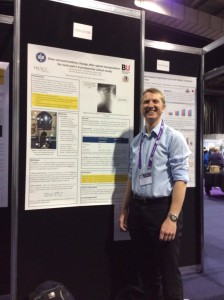
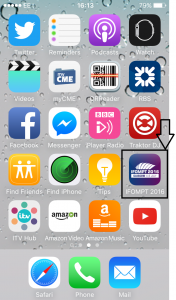
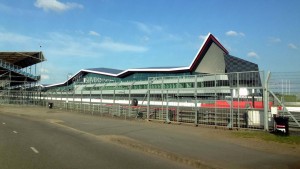
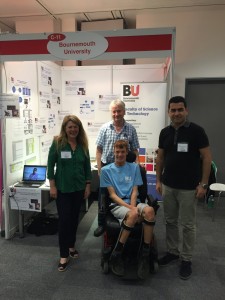 The purpose of the validation was to present the SmartAbility Framework, which considers how technology can support people with disability and addresses the concept of not having a ‘single technology solution to suit all disabilities’. It consists of seven elements; Disabilities, Impairments, Range of Movements, Movement Characteristics, Interaction Mediums, Technologies and Tasks, interlinking aspects of Human Computer Interaction. The roadshow was the first opportunity to validate the framework as it had been developed based on state of the art literature reviews and results from conducted feasibility trials and user experimentations. The validation was performed using a paper-based version of the framework and involved the participants/manufacturers completing the first four elements, to describe how their disabilities affect their Range of Movement. The knowledge contained within the framework was then used to provide recommendations of suitable Interaction Mediums and Technologies that could potentially improve their quality of life. Each participant completed a questionnaire to provide their views on the framework. In addition to the validation, we demonstrated Smartglasses (a Recon Jet), to assess the usability for people with disability.
The purpose of the validation was to present the SmartAbility Framework, which considers how technology can support people with disability and addresses the concept of not having a ‘single technology solution to suit all disabilities’. It consists of seven elements; Disabilities, Impairments, Range of Movements, Movement Characteristics, Interaction Mediums, Technologies and Tasks, interlinking aspects of Human Computer Interaction. The roadshow was the first opportunity to validate the framework as it had been developed based on state of the art literature reviews and results from conducted feasibility trials and user experimentations. The validation was performed using a paper-based version of the framework and involved the participants/manufacturers completing the first four elements, to describe how their disabilities affect their Range of Movement. The knowledge contained within the framework was then used to provide recommendations of suitable Interaction Mediums and Technologies that could potentially improve their quality of life. Each participant completed a questionnaire to provide their views on the framework. In addition to the validation, we demonstrated Smartglasses (a Recon Jet), to assess the usability for people with disability.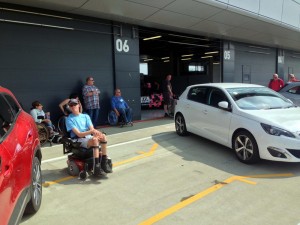



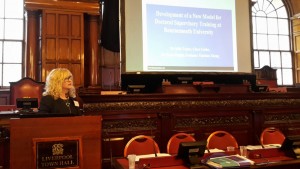











 Missing Persons Indicator Project Recruitment
Missing Persons Indicator Project Recruitment Celebrating our Research: Postgraduate Research Showcase 2026
Celebrating our Research: Postgraduate Research Showcase 2026 Nursing Research REF Impact in Nepal
Nursing Research REF Impact in Nepal Fourth INRC Symposium: From Clinical Applications to Neuro-Inspired Computation
Fourth INRC Symposium: From Clinical Applications to Neuro-Inspired Computation ESRC Festival of Social Science 2025 – Reflecting back and looking ahead to 2026
ESRC Festival of Social Science 2025 – Reflecting back and looking ahead to 2026 3C Event: Research Culture, Community & Cookies – Tuesday 13 January 10-11am
3C Event: Research Culture, Community & Cookies – Tuesday 13 January 10-11am ECR Funding Open Call: Research Culture & Community Grant – Application Deadline Friday 12 December
ECR Funding Open Call: Research Culture & Community Grant – Application Deadline Friday 12 December MSCA Postdoctoral Fellowships 2025 Call
MSCA Postdoctoral Fellowships 2025 Call ERC Advanced Grant 2025 Webinar
ERC Advanced Grant 2025 Webinar Horizon Europe Work Programme 2025 Published
Horizon Europe Work Programme 2025 Published Update on UKRO services
Update on UKRO services European research project exploring use of ‘virtual twins’ to better manage metabolic associated fatty liver disease
European research project exploring use of ‘virtual twins’ to better manage metabolic associated fatty liver disease